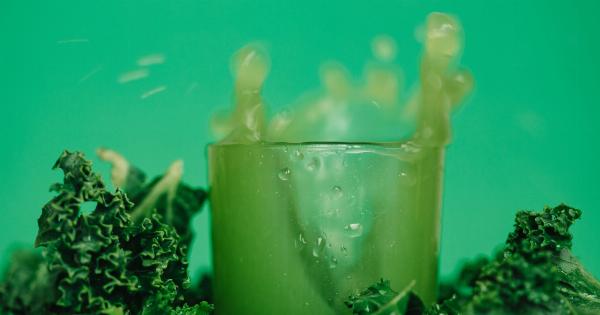Cancer is a public health crisis that claims millions of lives each year. Different treatment modalities have been developed over the years, but chemotherapy remains the widely used option.
Although chemotherapeutic agents are effective, they have numerous side effects. The use of vitamin C as an adjuvant therapy has gained immense interest in recent times because of its potential to improve chemotherapy’s effectiveness.
This article reviews the current state of knowledge on the combined effect of vitamin C and chemotherapy on cancer treatment outcomes.
What is Chemotherapy?
Chemotherapy involves the use of chemical agents such as cytotoxic drugs to treat cancer. The drugs work by targeting rapidly dividing cancer cells, thus inhibiting their proliferation and leading to their death.
Unfortunately, chemotherapy affects both cancerous and healthy cells. Hence, several adverse effects are associated with chemotherapy, including nausea, vomiting, and hair loss, among others.
What is Vitamin C?
Vitamin C, also known as ascorbic acid, is a water-soluble vitamin. The human body cannot produce vitamin C; hence, it must be obtained from dietary sources.
Vitamin C is found in numerous fruits and vegetables, including citrus fruits, tomatoes, and broccoli. Vitamin C is known to have several health benefits, including antioxidant properties that help protect cells from free radicals.
The Relationship Between Vitamin C and Cancer
Recent studies have shown that vitamin C plays a crucial role in cancer prevention and treatment.
Vitamin C has been shown to inhibit tumor growth by inducing apoptosis (programmed cell death) and preventing angiogenesis (the formation of new blood vessels that supply cancer cells with nutrients). Moreover, vitamin C enhances immune system function and reduces inflammation.
How Does Vitamin C Improve Chemotherapy Effectiveness?
Although chemotherapy is effective against cancer, it has several limitations. For instance, cancer cells can develop resistance to chemotherapeutic agents, reducing its effectiveness. Moreover, chemotherapy is associated with numerous side effects.
The use of vitamin C as an adjuvant therapy is aimed at addressing these limitations by improving chemotherapy’s effectiveness. Vitamin C improves chemotherapy efficacy by:.
Improving Immune Function
Vitamin C enhances the immune system’s function, which is critical in cancer treatment. A healthy immune system can recognize and destroy cancer cells effectively. Vitamin C stimulates immune cell production and protects immune cells from damage.
Reducing Inflammation
Inflammation is closely associated with cancer development and progression. Chronic inflammation can cause DNA damage, leading to the formation of cancer cells.
Vitamin C possesses anti-inflammatory properties, hence reducing inflammation and inhibiting cancer growth.
Enhancing Chemotherapy Delivery
Vitamin C enhances chemotherapy delivery by improving blood flow to the tumor site and enhancing drug uptake by cancer cells.
In a study involving pancreatic cancer patients, intravenous vitamin C improved the uptake of gemcitabine chemotherapy by cancer cells, thus improving treatment outcomes.
Reducing Chemotherapy-Related Side Effects
Vitamin C can also reduce chemotherapy-related side effects. For instance, vitamin C has been shown to reduce nausea and vomiting associated with chemotherapy.
Moreover, vitamin C reduces the oxidative stress associated with chemotherapy, hence mitigating drug-induced damage to healthy cells.
Conclusion
The combined action of vitamin C and chemotherapy has been shown to improve treatment outcomes in cancer patients.
Vitamin C enhances chemotherapy’s effectiveness by improving immune function, reducing inflammation, enhancing chemotherapy delivery, and reducing chemotherapy-related side effects. However, further studies are needed to establish the optimal dosage and treatment schedule for vitamin C as an adjuvant therapy.































